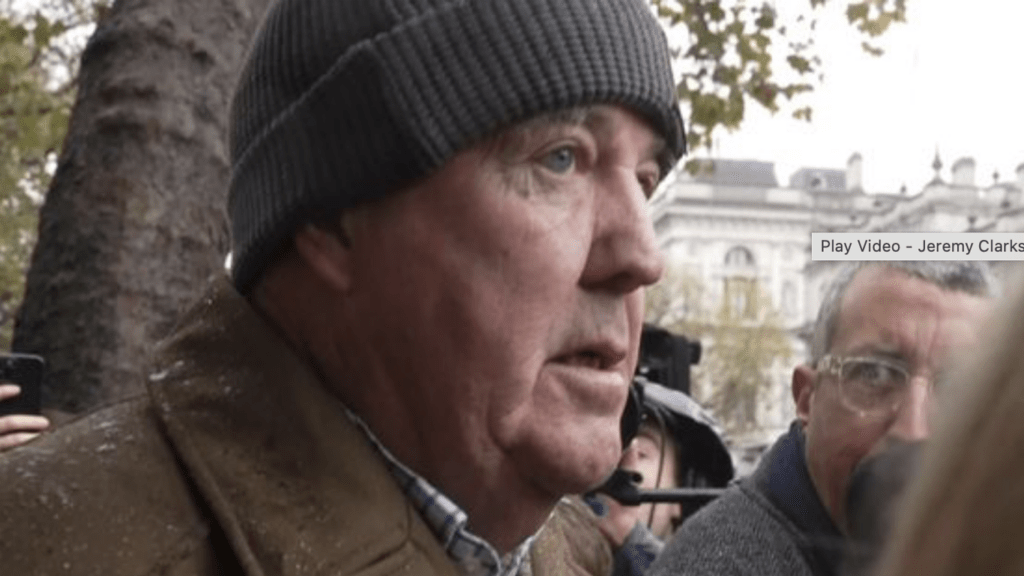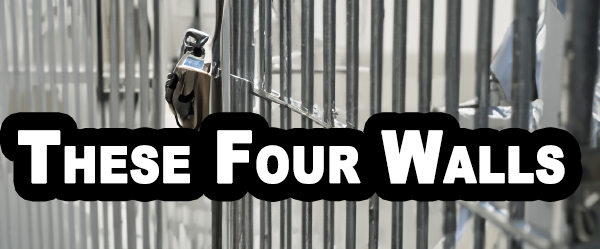In just one interview Jeremy Clarkson has managed to go from spokesman for farmers, to a perfect example of exactly these huge estates should be taxed.
Back in 2010 Clarkson boasted in a post on the Top Gear website “I have bought a farm. There are many sensible reasons for this: Land is a better investment than any bank can offer. The government doesn’t get any of my money when I die. And the price of the food that I grow can only go up.” and in 2021 Clarkson told the Times in 2021 that avoiding inheritance tax was “the critical thing” in his decision to buy land”.

Roll forward to 2024 and of course he now denies everything claiming in a new interview with the Times, the former Top Gear presenter said: “I never did admit why I really bought it, I wanted to have a shoot – I was very naive. I just thought it would be a better PR story if I said I bought it to avoid paying tax.”.
Of course we all wait to see the episode of Clarkson’s farm where the dogs are running around with wounded birds in the their mouths and dropping them still twitching at their owners feet, it should make great telly, and I am sure it wont put anyone off watching Clarkson’s hit show.
The problem now becomes that Clarkson’s original argument is exactly why these big farms should be taxed, because people are using them as a loophole to pass on their inheritance, and yes real farmers a in the also, but the inheritance tax deal they are getting is still a million miles better than the average man in the street gets. but of course no one in the farmers campaign is going to admit that to you.
The new deal for farmers / landowners means that an IHT bill of 20% of the value of assets over £1 million gives an effective tax rate on assets that rises from 10% for a £2 million farm to 16% at £5 million and 18% at £10 million. The payment of that bill is to be spread over ten years, this gives a tax bill equivalent to a charge of 1%, 1.6% or 1.8% of assets per year, respectively.
Whereas us mere mortals would likely pay 40% and the tax would be payable immediately on dispersal of the assets.
And for Tennent farmers there is no bill as they are effectively leasing their land and it is the land owner that is liable for the tax not the farmer.
So what the farmers are protesting about is that they are getting a much better deal than everyone else, and of course Tennent farmers stand to gain from the new IHT because if a farm is broken up and sold to pay an IHT bill it is likely that the Tennent farmers would be offered first refusal on the land.
Maybe this will stop the London gentry from buying up huge swathes of farmland in the future meaning land prices might fall which of course would only be a good thing for farmers looking to expand, and of course for their IHT bills also.


